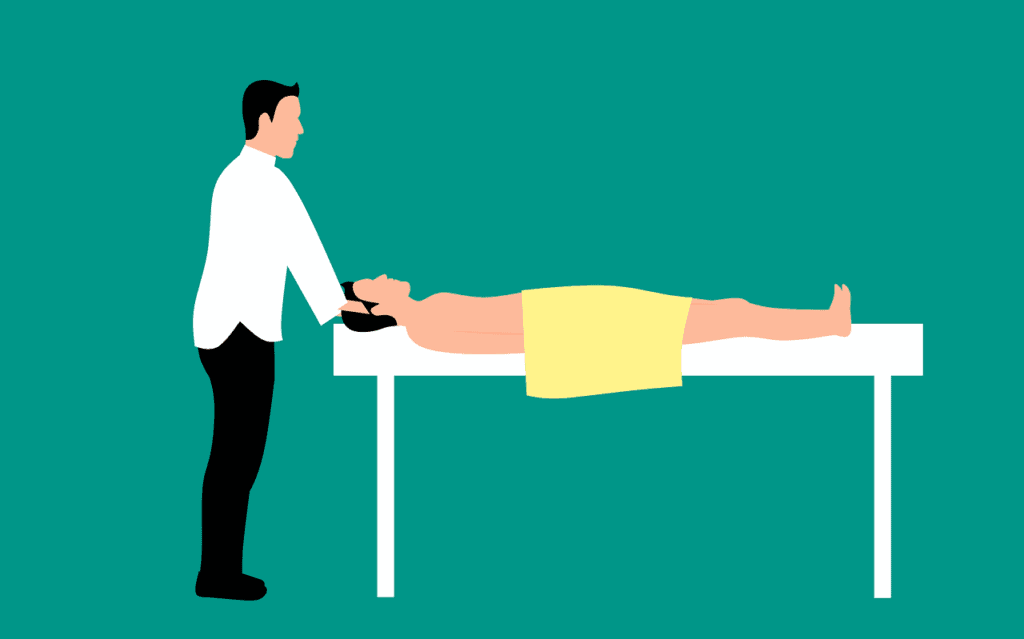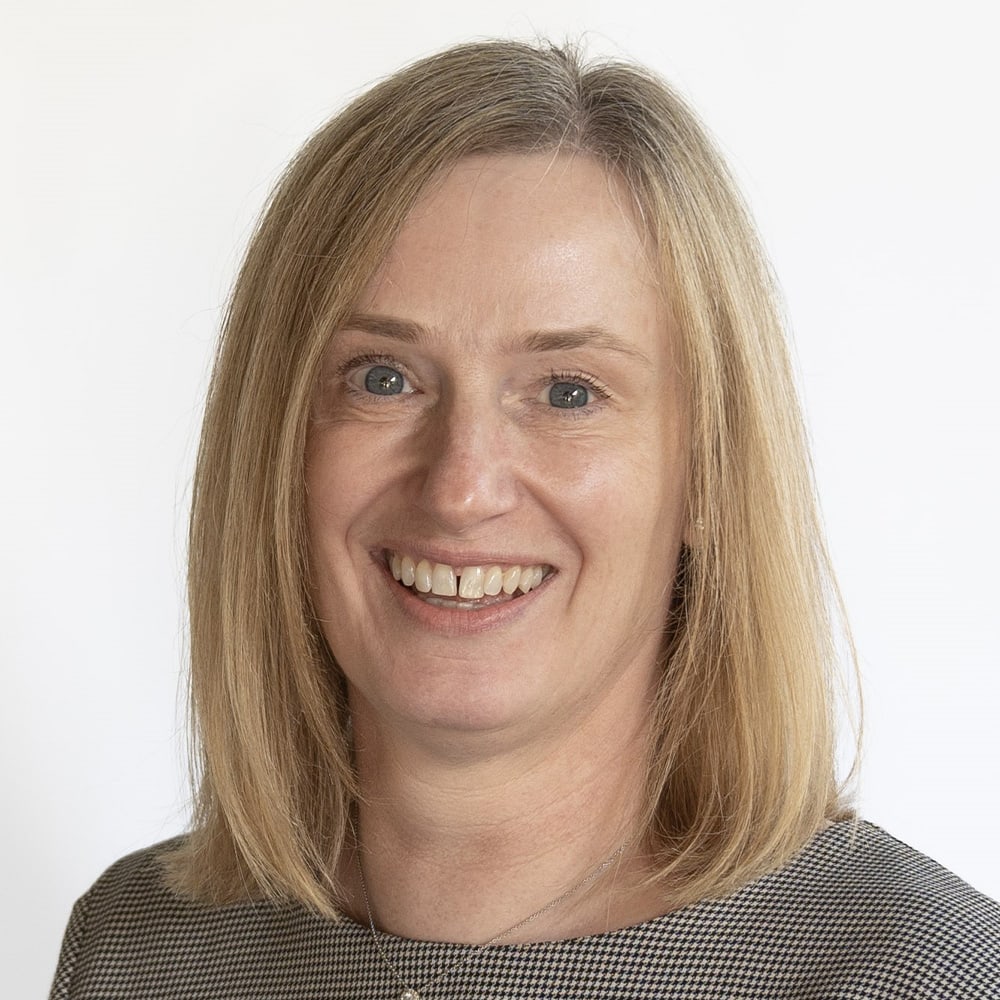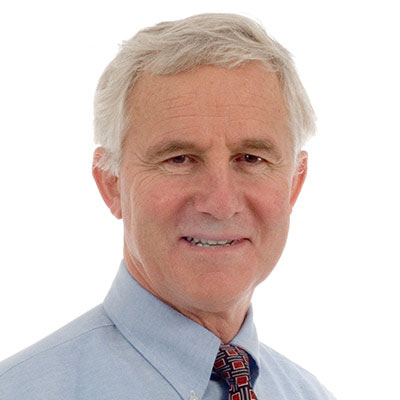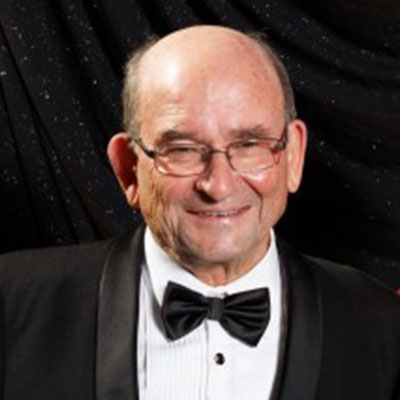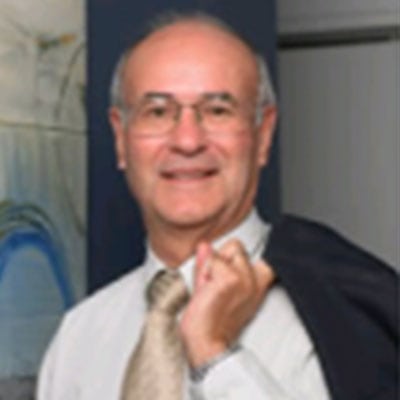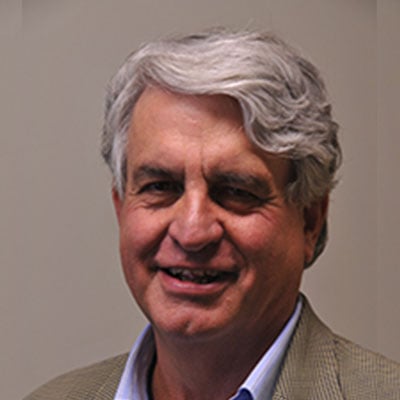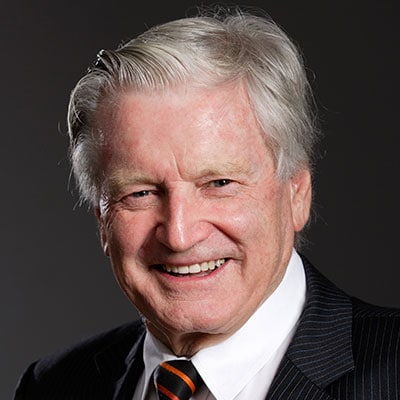DOES CONCUSSION INCREASE THE RISK OF MS?
Last week we saw the media pick up on a study just published about a potential link between head injuries and the risk of developing MS.
Previous studies have looked for any potential connection between head injury and the risk of later developing MS. Some of these studies have found evidence for a link, but others found no connection. A combined analysis of the data from several good quality studies ultimately concluded that there was no strong evidence that head injuries increased the risk of MS.
Now a Swedish group have used the data from the Swedish MS Registry which has been collecting data on every person with a diagnosis of MS in Sweden since 1964, to try to provide a clearer answer on this topic.
Their research suggests a connection between concussion in adolescence and later risk of developing MS. However, one of the most important things to note from this study, is that 97% of people with MS had no history of concussions. This means that it is likely to be a contributing factor only in a very small portion of MS cases, and for most people, other environmental and genetic risk factors reviewed here are likely to have a stronger influence.
In this study, [published in the journal Annals of Neurology researchers looked at the medical records of 7292 people with MS and 72920 people without MS. They looked at how many in the MS group had had a previous diagnosis of concussion compared to those in the non-MS group and at what age did the concussion occur. To rule out the possibility that any physical general trauma might lead to MS they also compared broken limb bones between the groups.
There was no connection between either concussion or a broken limb sustained in childhood (age o to 10 years) and a later diagnosis of MS. However, when they looked at concussions that occurred during adolescence (ages 11-20 years) they found a small but statistically significant increase in the risk of later developing MS. The increased risk was only modest for one episode of concussion, but was much clearer for two or more episodes of concussion.
The researchers acknowledged that an underlying, un-diagnosed MS could have increased the risk of a person having a traumatic injury, for example through an effect on mobility, coordination and balance – a phenomenon known in science as ‘reverse causation. However, because there was no association between broken limb bones and a later diagnosis of MS, they conclude that this could not the case.
A strength of this study was that it used hospital records rather than relying on people’s recollections of past trauma and injury. However, as the number of people having two or more concussions in the study was a relatively rare event it makes the interpretation of the statistical analysis challenging.
The authors of the study discuss a number of reasons how severe head injuries may increase the risk of developing MS. This includes damage to the nervous tissue itself which may lead to an inappropriate immune response, as well as the possibility that the head trauma sets off a state of inflammation in the brain that predisposes the person to MS.
While the proportion of people with MS in this study who have a clear history of a severe head injury is very small, the researchers do suggest that the study provides further impetus to protect adolescents from head injuries in sports and other physical activities. However, preventing MS will require a much broader approach to tackle the other known risk factors that are more strongly connected to MS (read more about these here). Article courtesy of MS Research Australia www.msra.org.au

